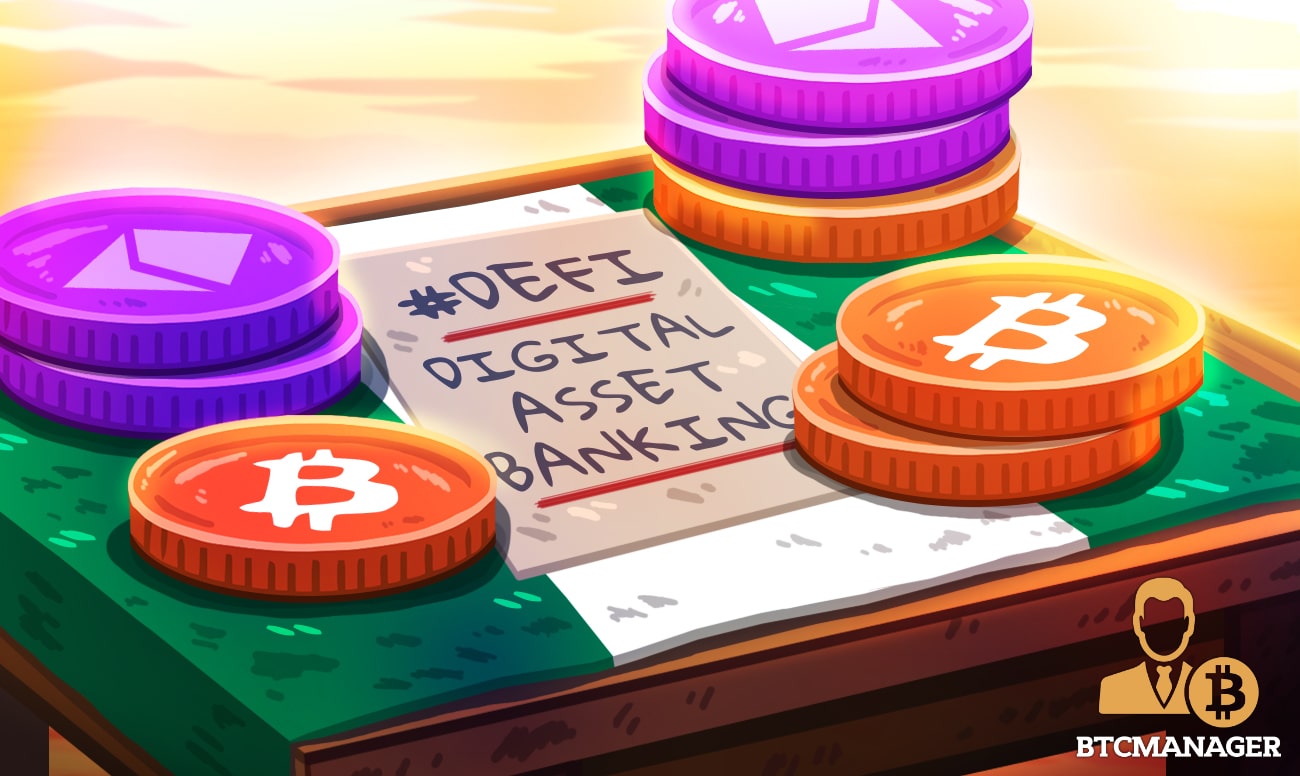Nigerian Crypto Shut-Out Won’t Depress New Defi And Digital Asset Banking

It’s an aggressive strategy, but one that many Nigerians believe will ultimately end up failing. The Central Bank of Nigeria has announced a ban on using traditional banking structures to buy, sell or trade cryptocurrencies within the country.
A Feb. 5 directive, signed by national Director of Banking Supervision Bello Hassan and Director of the Payments System Management Department Musa Jimoh reinforces a prior rule prohibiting “regulated institutions” from dealing in cryptocurrencies or helping to facilitate transactions for exchanges.
In the wake of the release, the Nigerian Securities and Exchange Commission has also signed onto slow-walking the legality of offering or trading crypto-related securities, backing the bank’s findings:
“The CBN identified certain risks, which if allowed to persist, will threaten investor protection, a key mandate of the SEC, as well as financial system stability, a key mandate of the CBN. In light of these facts, we have engaged with the CBN and agreed to work together to further analyze, and better understand the identified risks to ensure that appropriate and adequate mitigants are put in place, should such securities be allowed in the future.”
To many rank-and-file citizens, the bank’s actions seem rather tone-deaf given the popularity of cryptocurrency within the country and abroad across the continent. In fact, since the dissolution of the Special Anti-Robbery Squad (SARS) which was actively involved in various kinds of police brutality, interest in decentralized and peer-to-peer assets has only grown. Those with an inside view of the protests that eventually shuttered the SARS agency say that activists began using Bitcoin and cryptocurrencies when they were unable to utilize traditional banking channels.
Now there are new fintech and cryptocurrency initiatives on the horizon that are generating their own interest and attention worldwide. For example, a firm called Jelurida Africa is trading on the success of its Africa Blockchain Developer Call Series and building a bigger footprint for eventual rollout in more African countries.
What is Jelurida Africa? According to its web site, the enterprise “offer(s) guides to startups and established businesses both ones that have adopted the technology and the prospects which can be in multiple stages” and “engage(s) in practical and training for staffs in the organization or institutions on the new technology, how it’s being used and the benefits it offers for their company processes.”
It’s part of a movement to make cryptocurrencies and decentralized finance assets more a part of the financial webwork, not less, and to allow different financial ecosystems to coexist better together. As Jelurida Africa Managing Director Adebayo Adebajo says of Nigeria’s CBN and its recent mandate:
“My question is, will the CBN reinstate the cryptocurrency support if the fundraising is carried out in support of the sitting government? Situations like this provide more reasons why decentralization, as offered by the blockchain technology, is highly required in Africa.”
Adebajo further points out that activists in the “EndSARS” political movement, pushing back against Nigerian police brutality, embraced crypto for want of traditional banking structures that would allow them to fundraise.
The realization that defi and portable, immutable digital assets are imminent is one shared around the world, but it seems that officials in Nigeria are slow in coming to the table. Various digital assets including Bitcoin have their fans and their detractors – yes, the coins can be used for fraud, but they can also offer more transparency in banking, not less, and open up doors for the unbanked, while also providing a bigger pond for investors. The central question, for administrators anywhere, is how fiat and crypto will merge and blend in the global economy of the future. In this context, protectionism and prohibitions seem like backward moves.















